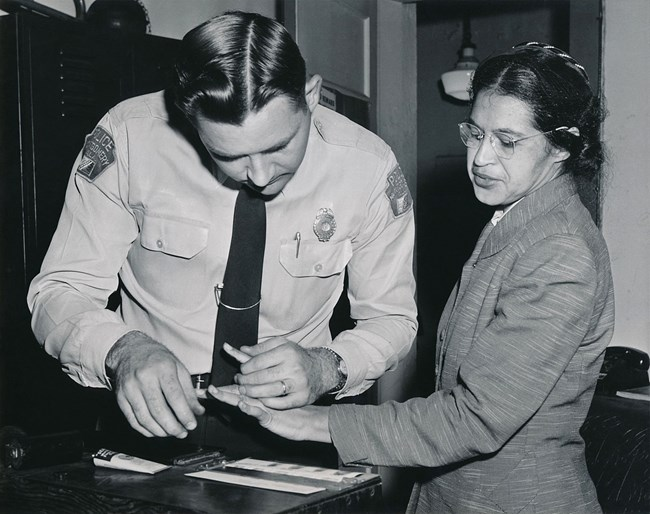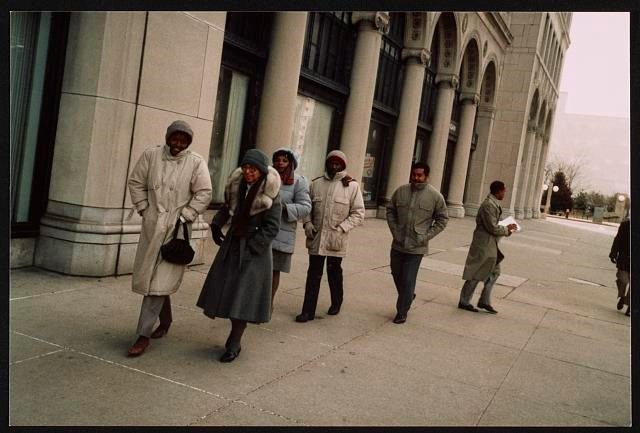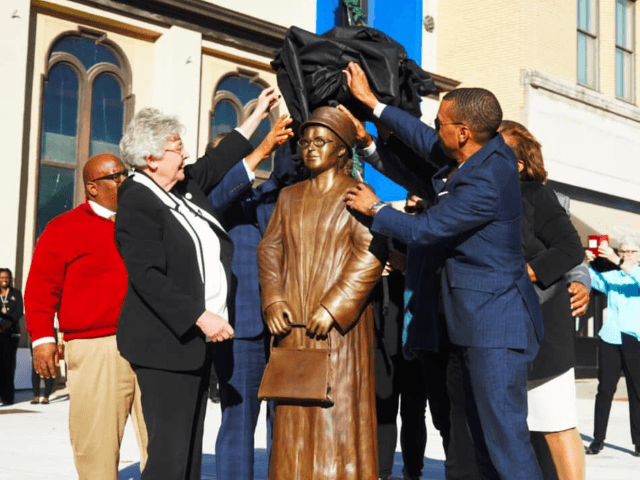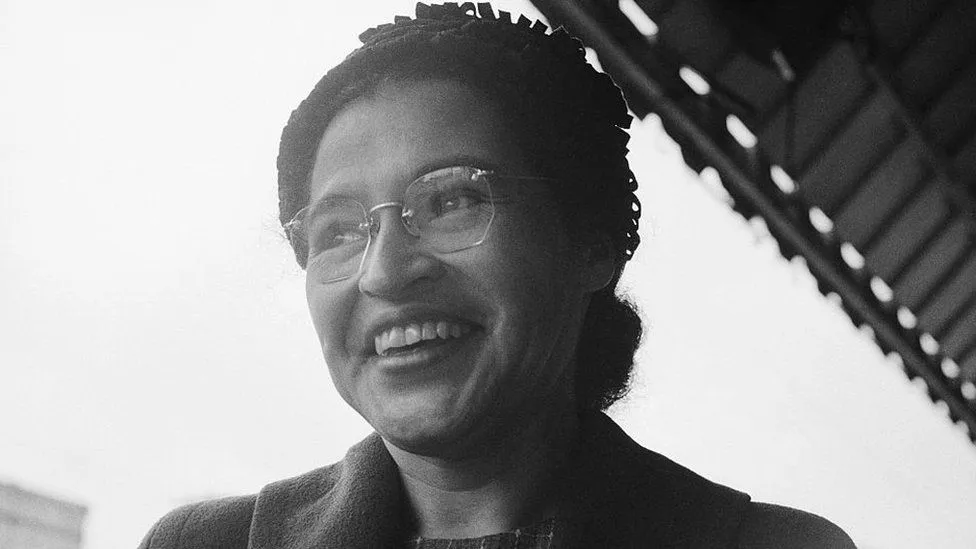Every act of defiance threatens and chips away at injustice irrespective of how long it has prevailed.
One such incident that changed the course of American civil society was the day Ms. Rosa Louise McCauley Parks refused the bus driver's demand that she vacate her seat in the 'colored' section of the bus for a white passenger. It was the 1st of December 1955, and it happened in the Deep South, specifically in downtown Montgomery, Alabama.

That was the era of racial segregation. People of color, or Blacks, had restricted access to or were banned from facilities, services, and institutions. An American's skin color decided the area of residence, the standard of medical care, the avenues for education, opportunities for employment, and access to transportation. And back then, it was the law of the land.
"Stand for something, or you will fall for anything. Today's mighty oak is yesterday's nut that held its ground."
Though Ms. Parks is best remembered for setting off the Montgomery Bus Boycott, the fact is that she was involved in the Civil Rights Movement much before then. A decade before her famous 'sit in' on the bus, she had an altercation with the same bus driver, James Blake, for entering through the front door instead of the back one designated for colored people.
Besides working as a seamstress, she was the secretary of the local chapter of the National Association for the Advancement of Colored People and a youth advisor of the organization.
Ms. Parks was not the first to challenge the prevailing status quo. But, she became the face of resistance, and the National Association for the Advancement of Colored People saw her as "the best candidate for seeing through a court challenge after her arrest for civil disobedience in violating Alabama segregation laws." Her act of defiance led to the Montgomery bus boycott for over a year and ultimately to the federal court ruling that segregation in buses was unconstitutional.
Bringing about change is a process fraught with strife and tension. Ms. Parks and her husband paid the price for her activism. They were fired from their jobs. She was impudently harassed and received numerous death threats resulting in her decision to leave the state with her husband and mother. Undeterred, "the first lady of the civil rights movement" continued to speak against injustice and fight for equal rights for all citizens.

"I believe we are here on the planet Earth to live, grow up and do what we can to make this world a better place for all people to enjoy freedom."
Throughout her life, Ms. Parks brought focus to vital and meaningful issues that plagued American society. After her move to Detroit, she was passionately involved in the fight against police brutality and housing discrimination. She took up the cause of political prisoners in the United States, who faced criminal prosecution. She founded the Rosa L. Parks Scholarship Foundation for college-bound high school seniors and made it accessible to all students.

Ms. Parks was awarded the highest honor a civilian can receive in the United States, the Congressional Gold Medal and the Presidential Medal of Freedom. Feted numerous times by various organizations and the government, Ms. Rosa Parks had hardly any material wealth to show for a life spent dedicated to bringing justice and equal rights to all those around her.
She's quoted as saying, "I would like to be remembered as a person who wanted to be free ... so other people would be also free."
ICYMI
IBD: Survey Reveals Which Tech Companies Consumers Trust The Most
IBD: Tech Stocks In Focus: Here's The List Of The Most Trusted Tech Companies
IBD: Social Media Companies Flop In Trust Survey









